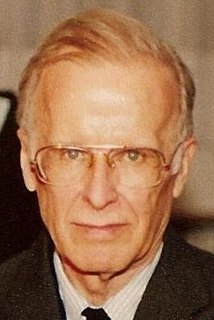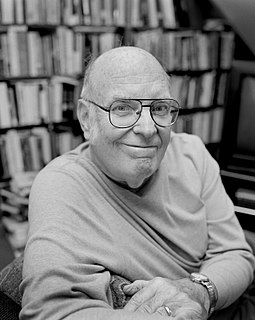A Quote by Robert Hass
The professionalization of poetry, or the balkanization, has come out of the fact that when you apply to most creative writing programs, you have to choose your genre.
Related Quotes
They [academy writing programs] have no concept that the world has changed, that publishing has changed, that filmmaking has changed, and if you're not constantly looking at your education model and adjusting for the change, you'll find yourself teaching antiquity. Like all of these programs that won't accept students who are writing genre fiction - what an institutional ego!
People have a very limited idea of what being creative is - playing the guitar or the flute or writing poetry - so people go on writing rubbish in the name of poetry. You have to find out what you can do and what you cannot do. Everybody cannot do everything. You have to search and find your destiny. You have to grope in the dark, I know. It is not very clear-cut what your destiny is, but that's how life is. And it is good that one has to search for it - in the very search, something grows.
Once you have learned to trust your own voice and allowed that creative force inside you to come out, you can direct it to write short stories, novels, and poetry, do revisions, and so on. You have the basic tool to fulfill your writing dreams. But beware. This type of writing will uncover other dreams you have, too-going to Tibet, being the first woman president of the United States, building a solar studio in New Mexico-and they will be in black and white. It will be harder to avoid them.
I don't know that I had a sense that there was such a thing as "the poetry world" in the 1960s and early 70s. Maybe poets did, but for me as an onlooker and reader of poetry, poetry felt like it was part of a larger literary world. I mean, even the phrase "the poetry world" reflects a sort of balkanization of American literary and artistic life that has to some extent happened since then.
Poetry is probably the one field of writing in which it is a mistake to try to psych out editors. In fact, specific marketing advice can sometimes harm the novice poet by enticing him to pursue fashions. The poet's best hope is to sound like nobody else, The finest, most enduring poetry constructs a marketplace of its own.





































